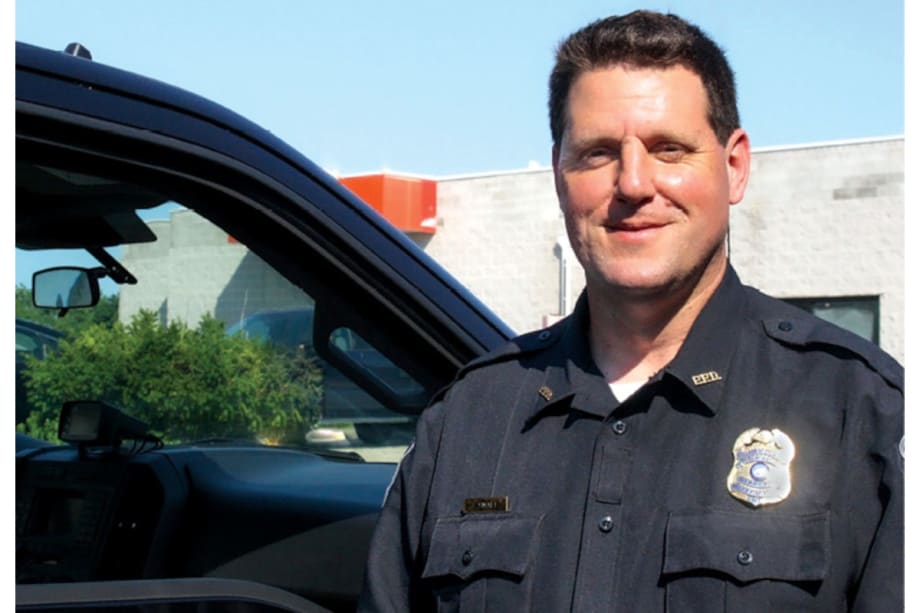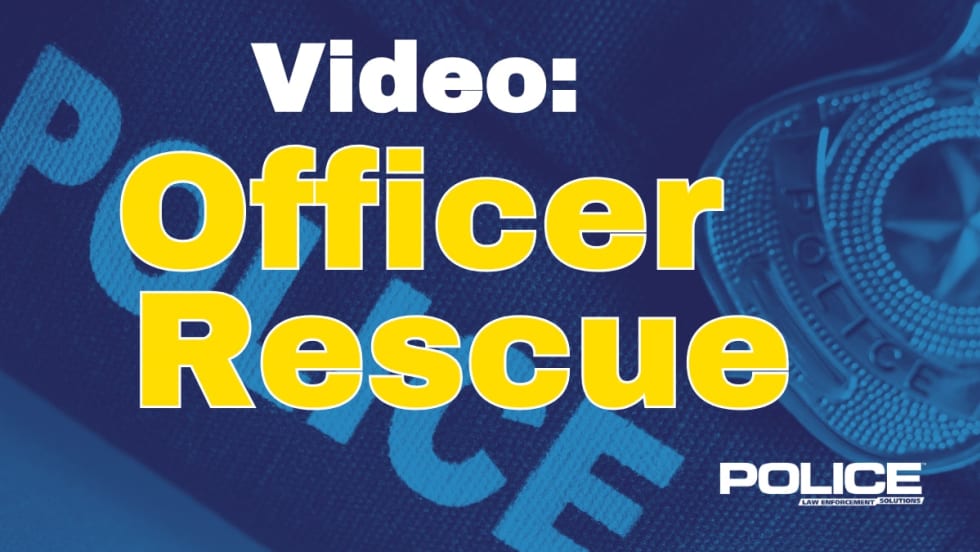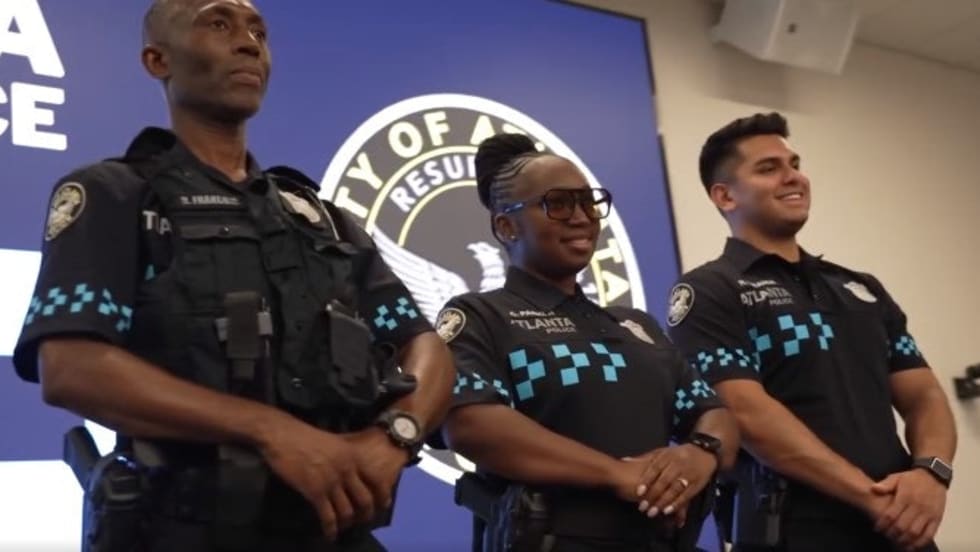No one will ever accuse James Small, director of public safety for the Village of Palmyra, WI, of not aiming big. The vision statement of his department of public safety, which combines police, fire, and EMS, reads: “The Palmyra Public Safety Department will provide reliable, sustainable, and high quality services in a manner that acts as an example for rural communities throughout the United States.”
Back in 2015 when Small took command of the DPS, that vision statement would have sounded like a brag to the more polite members of the community and a joke to ruder folks. Small says there was “dysfunction” in the village’s public safety agencies.
And there was crime. At least there was an intolerable level of crime for a town of 1,800 souls. Small estimates a level of 44 property crimes per 1,000 residents the first year he led the department. That’s twice the level of crime statewide in Wisconsin at the time, he says. By 2020 crime in the village was reaching all-time lows. He says that “outcome-based policing” and improved morale at DPS led to a 90% drop in the crime rate.
“With outcome-based policing, you have to look at the problem and ask: ‘How do we fix this so that it doesn’t happen again?’” Small explains. He uses an example of a mental health call where officers work with a mental health professional to achieve the desired outcome of helping that person, reducing police contact with that person, and restoring peace to thathousehold.
It would be easy to think from his outcome-based policing philosophy that Small doesn’t believe in arresting criminals. But he’s served as a law enforcement officer and firefighter since 1988, and he knows that sometimes the best outcome is to prevent someone from victimizing more people by locking them up. “We’re going to facilitate an outcome. Sometimes that outcome will be facilitated through the court system. This isn’t like, well, everybody gets a free pass. That’s not the way I see the world. There’s people that do dangerous things in this community and the community needs to be protected from them and their behavior,” he says.
The key to implementing outcome-based policing is to have the right people, according to Small. And the village’s six full-time and three part-time officers have to be very flexible. They are all cross-trained in law enforcement and firefighting. In addition, the DPS has 19 other personnel trained solely as firefighters and EMS.
Small’s ideal Palmyra police officer displays what he calls kind, compassionate problem solving while carrying out law enforcement. He also wants people who will get out in the community and make contact with people, what he calls “touches.”
Small’s approach to village policing would make a lot of small town officials very nervous about losing ticket money. “Unless there’s a problem that has to be resolved, I think an officer’s time is better spent showing up at a little league and pitching to the kids for 10 minutes rather than running radar and writing tickets,” he says. “That’s building trust with those kids and with all the parents watching.”
The community appreciates this approach so much that officers are often praised by name, Small says. “We had an officer walk around downtown one night recently and he got thanked for his service 42 times,” he adds.
Small acknowledges that his agency is very small as is its jurisdiction, but he believes outcome-based policing can work in larger departments. “I think it can work everywhere, but you have to have officers with the right mindset, and they have to agency and community support,” he says.













